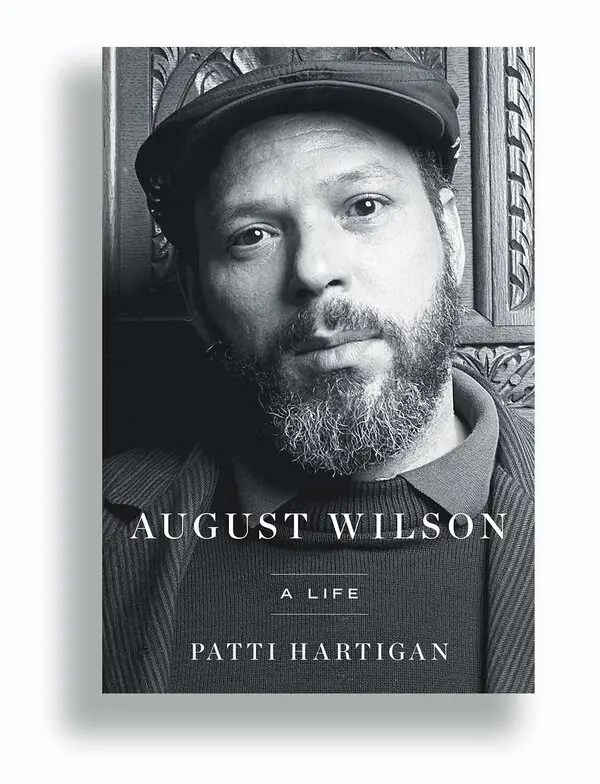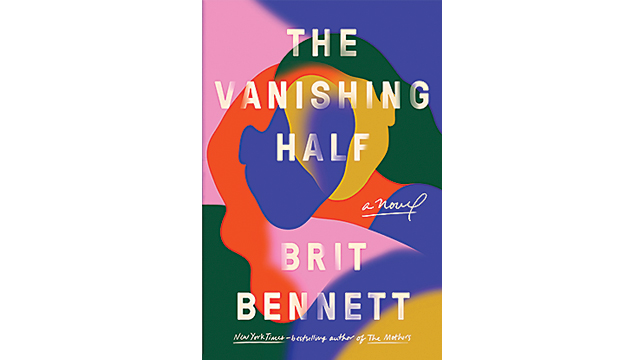Welcome to the English Department's 12th annual summer reading recommendations. Once you've explored this list, you can click on "summer reading" to see recommendations from previous years. Stay tuned for recommendations from members of the Student Advisory Council.
Yumi Lee
1. Tsering Wangmo Dhompa, The Politics of Sorrow: Unity and Allegiance Across Tibetan Exile: I’ve just gotten started on this fascinating, brilliant, beautifully composed book by our very own Tsering Wangmo. It’s about broad topics I think about quite a lot – nationalism, modernity, exile, citizenship – as they come up in a history I’ve always wanted to learn more about, which is the history of Tibet and its diaspora. I can’t wait to read and learn more this summer.
2. Victoria Chang, With My Back to the World: I saw Victoria Chang give a reading that included some poems from this book at this past year’s Literary Festival, and I immediately put this book on my list. It’s a book of poems that engage with the artwork of the painter Agnes Martin, who is one of my favorites (I have a postcard of one of her paintings pinned to the bulletin board outside of my office, just because it makes me feel happy to look at it every day!). I’ve always been interested in the relationship between writing and different forms of art as they communicate human experiences and emotions, so I’m excited to get to take the time to read these poems this summer.
I find myself returning to psychologically complex narratives. Two very different novels are pulling me back to them. One is Patricia Highsmith's The Talented Mr. Ripley. It is an engrossing, edgy narrative that recalls Dostoevsky's Crime and Punishment because of the main character's cognitive and emotional state and processes. There is plenty of plot, but that is not where the real action is. As a window into human consciousness, Highsmith's tale of frustrated identity and the pursuit of exciting, liberating possibilities remains riveting.
Very different is Cormac McCarthy's Suttree. It is not only much longer; it is not as organizationally tight. Both features, however, serve the narrative function well in this pivotal novel in McCarthy's ouevre. It is at once the most humorous of his novels and among the bleakest, yet that mixture is part of what McCarthy is able to capture so masterfully about ordinary human life at the margins of society, particularly individuals and communities mired in abject poverty. Somehow beauty emerges from the pathos.
I’ll kick off my summer with a witch hunt: Arthur Miller’s The Crucible, a 1953 play that dramatizes the Salem witch trials. My 14-year-old daughter and I will read the play together to prepare for a trip to New York to see a celebrated new play inspired by Miller’s classic. The Crucible used the witch trials of the 1690s as an allegory for the political situation of the early 1950s, when Senator Joseph McCarthy’s vicious rhetoric spread fear and suspicion across the nation, fueling anti-Communist hysteria and the political persecution of leftist thinkers. In most interpretations of The Crucible, the character of John Proctor, a married farmer accused by a teenage girl of witchcraft, is seen as the play’s hero. But in Bellflower’s new play John Proctor is the Villain, starring Sadie Sink, a group of teenage girls read The Crucible in a high school English class in 2018 and come to very different conclusions. Set in aftermath of the #MeToo movement and deeply resonant with the attacks on free speech and due process we have seen in the first few months of 2025, Bellflower’s play feels unmissable; it has so much to say about girlhood, lies, and political and sexual violence. And, of course, it’s about an English class, so it has to be good.
Mary Mullen
I bought the last copy of Dionne Brand's Salvage: Readings from the Wreck at Main Point Books during the English department's annual bookstore expedition and can't wait to read it. The book combines personal narrative with literary criticism to reflect on a lifetime of reading and writing and salvage what can be from literature entangled with empire, racism, and slavery. I enjoyed Brand's interview on Between the Covers podcast and appreciate her poetry so I have a hunch I'll like this book.
Travis Foster
I loved At Swim, Two Boys by Jamie O’Neill. It’s set in Dublin around the time of the 1916 Easter Uprising and centers on two teenage boys: quiet, thoughtful Jim Mack and bold, fiery Doyler Doyle. They make a pact to swim to a distant rock on Easter, and as they train together, their friendship deepens into love. The story totally pulled me in, and the emotional weight of it left me reeling.
I would like to suggest two books for summer reading: The Water Dancer by Ta-Nehisi Coates and August Wilson: A Life by Patti Hartigan. The former is an intriguing novel that incorporates the beauty of magical realism, the familiarity of folklore, and the intensity of Coates' ability to gaze at America's fraught relationship with slavery, race, and progress. The latter is an exciting authoritative biography of one of America's most important playwrights written by an engaging storyteller.
James: A Novel by Percival Everett is next on my personal summer reading list. One of my friends from college just read it and said she needed to talk about it. After a recent conversation with one of our graduating Master's students, I'm convinced that we should read in community!
I’d already read one of the banned and then unbanned graphic novels at our local public high school (Fun Home, by Allison Bechdel-- go read it if you haven’t!) but I hadn’t read Gender Queer by Maia Kobabe so I will! I love the poetry of W. H. Auden and I’m excited about Nick Jenkin’s new biography, The Island, which I received for Christmas. How will it change our understanding of Auden’s early verse? I’ve read The Iliad, but not Emily Wilson’s translation! Oreo, by Fran Ross, is a 1974 riff on Ulysses telling the story of a half-Black, half Jewish narrator on a quest to find her father. Supposedly laugh out loud funny (as well as experimental in form, etc.)! Finally, my children and I are going to read Solito, by Javier Zamora, a memoir about a nine-year old boy’s migration from El Salvador to the US together.
I highly recommend two books by Moriel Rothman-Zecher, Sadness is a White Bird and Before All the World. Each of these books has a lot to say regarding the current political climate, though they tell very different stories.
Sadness is a White Bird examines the Israel-Palestine conflict from the perspective of a young man who grows up in the midst of the tensions and finds himself drawn to the Palestinian resistance even as he attempts to fulfill what he sees as his ancestral obligations. Published in 2018, it is a moving exploration of the circumstances that led into the current crisis in the region.
Before All the World is more experimental historical fiction, taking place alternately between the fictional village of Zatelsk and 1930s Philadelphia. The book is a supposed translation of one of the character’s accounts of the pogrom that destroyed her village and the subsequent survival of the only two to make it out. They make their magical-realist ways over to America, and don’t necessarily find a better world. I’m a sucker for experimental uses of language, and the “translation” stays very close to its “roots,” reading and sounding and thinking in two languages (English and Yiddish) simultaneously. It is linguistically impressive, but above all, it is a story of survival in a hostile world and perseverance and self-preservation in the face of that ever-present hostility.
Both books are emotionally compelling and deal with challenging topics and circumstances by focusing on the people who find themselves living within them. They are the best kinds of books for living in a world that feels like it is spinning out of control.
Tsering Wangmo Dhompa
I began reading Kaveh Akbar’s novel Martyr! in late December and could not return to it when the spring semester began. The plan is to get back to Martyr! I have two other books on my reading list about places (Palestine and Tibet) that are connected in their struggle for justice and liberation: Susan Abulhawa's Against the Loveless World (a novel) and Jamyang Norbu’s 962-pages “memory history,” Echoes from Forgotten Mountains: Tibet in War and Peace.




















